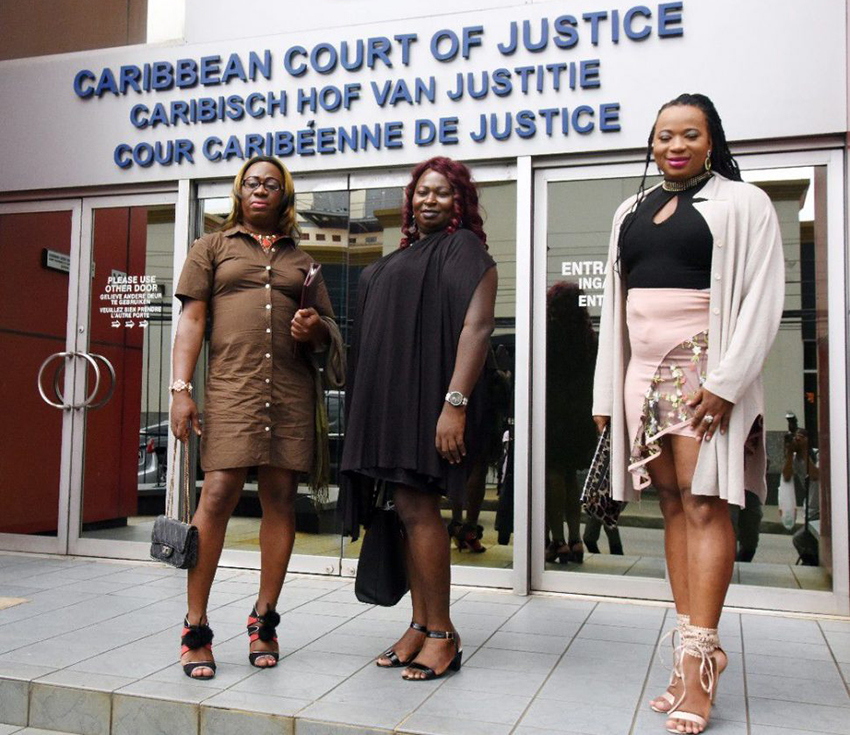 I have the luxury of getting up every morning and being able to freely choose my clothing according to my personal style and how I feel. I need not worry about being heckled in the street, being marginalized from society or even bearing the slightest amount of fear because of my sartorial choices.
I have the luxury of getting up every morning and being able to freely choose my clothing according to my personal style and how I feel. I need not worry about being heckled in the street, being marginalized from society or even bearing the slightest amount of fear because of my sartorial choices.
This may come across as grossly unimportant to many and mostly straight people like myself because we are a privileged bunch, even if we don’t realize it. Nevertheless, could you even imagine a life of having to live in constant worry every day about being potentially jailed for something as petty and nondestructive as your sartorial choices? It seems absurd and is incredibly hard to picture, but up until a few days ago, legally, this was the case for Guyanese, particularly trans members of the LBGT community who choose to cross dress. Cross dressing involves wearing the clothing of the opposite gender. But what is gender anyway? And who or what decides get the right to decide this?
People tend to say that gender is dependent on what private parts you were born with and what is filled out on your birth certificate and this in turn should influence how you dress. But our original understanding of gender is deeply flawed. Because of this, many places in the world now have a more inclusive way of looking at gender, with several countries offering a third option on birth certificates.

